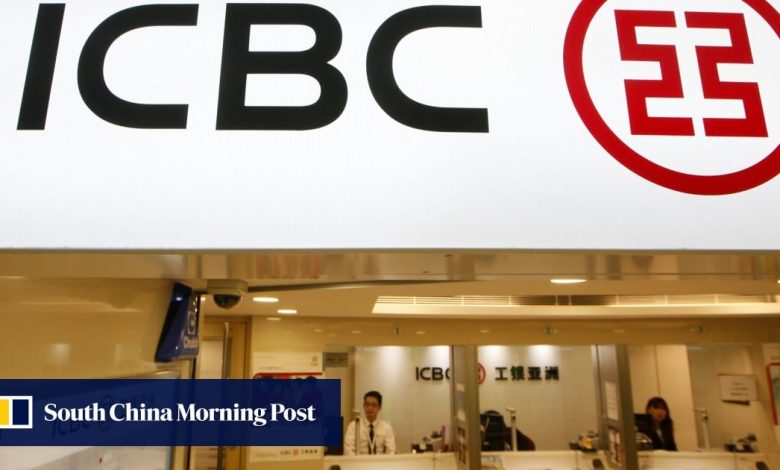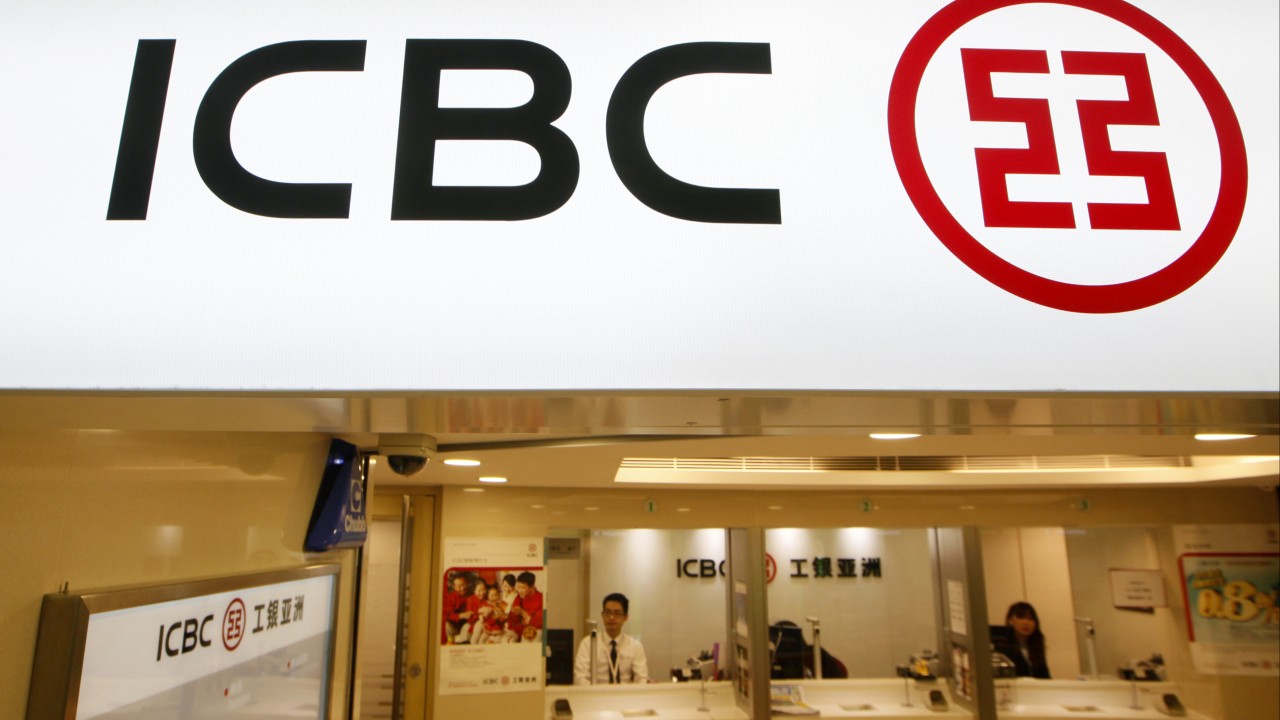Hong Kong stocks retreat to 3-month lows as Wall Street tech rout dents risk appetite


The Hang Seng Index fell 1.4 per cent to 17,064.97 at the noon break, heading for the lowest close since April 23. The Hang Seng Tech Index dropped 1.5 per cent and the Shanghai Composite Index retreated 0.4 per cent.
Technology companies posted sharp falls, with Meituan sliding 4.8 per cent to HK$107.90 and Tencent Holdings retreating 2.2 per cent to HK$355.40. Gold producer Zijin Mining Group tumbled 4.5 per cent to HK$15 on lower bullion prices.
The tumult also swept other major markets in Asia. Japan’s Nikkei 225 was the biggest decliner with a 2.9 per cent loss, while South Korea’s Kospi retreated 1.6 per cent and Australia’s S&P/ASX 200 lost 1.1 per cent.
US stocks saw a meltdown overnight, with the S&P 500 index falling 2.3 per cent for its worst performance since December 2022, after Alphabet reported weak advertising revenues and Tesla’s profits were below consensus estimates.
“Investors are now facing the pressing question: How long will it take for these massive investments by hyper-scalers to start delivering over-the-top results?” said Stephen Innes, managing director at SPI Asset Management in Bangkok. “Patience is becoming the new flag bearer for recent tech stockholders as they wait for these tech bets to pay off.”
Turmoil from overseas markets adds to the slew of headwinds that have already roiled Hong Kong and Chinese stocks, after lacklustre economic data and a lingering property crisis on the mainland dragged the Hang Seng Index down 13 per cent from this year’s May highs.
“We have turned more selective in stock picking,” said Patrick Pan, a strategist at Daiwa Capital Markets in a report. “We still expect ‘high-quality SOEs’ [state-owned enterprises] with high dividend yields to outperform the broad market over the next one to two months.”
The sell-off did not spare shares of Chinese commercial banks, several of which cut their deposit rates after China’s central bank lowered its key short-term policy rates and the loan prime rate, a reference for mortgage rates earlier this week.
The fair value of the MSCI China Index would drop to 50, should Republican presidential candidate Donald Trump deliver on his promise of imposing a universal 60 per cent tariff on all Chinese imports, Goldman Sachs said in a report on Wednesday. The MSCI gauge closed at 56.52 on Wednesday.


 Offers free spin
Offers free spin